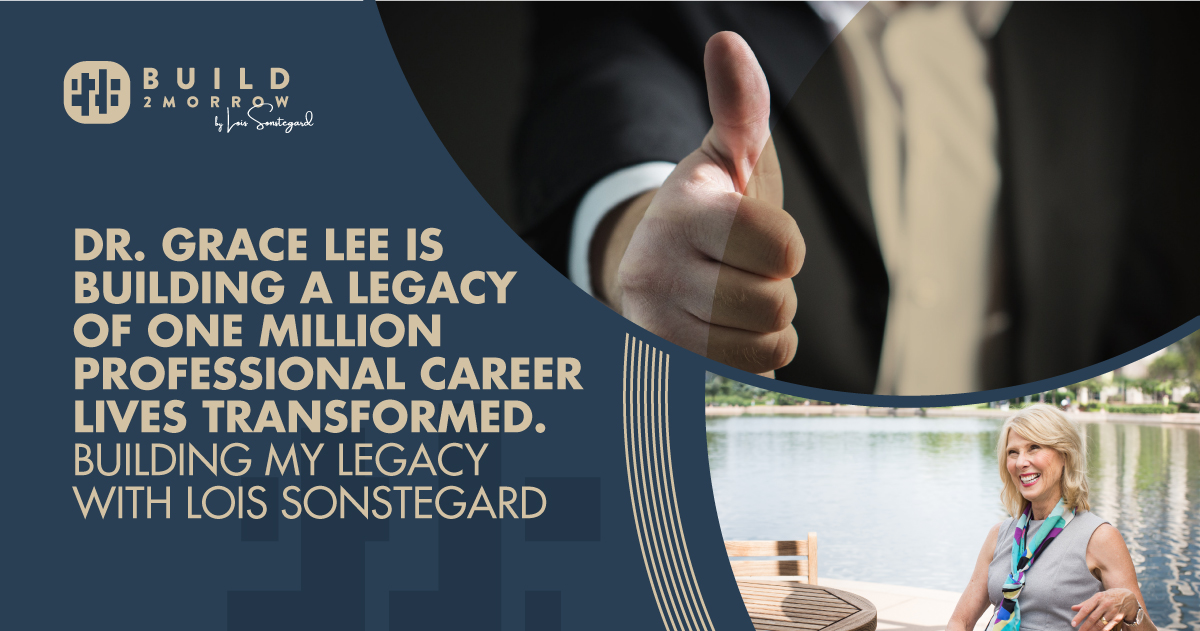Career Revisionism and How It Transforms People’s Lives
Growing up, we’ve been programmed to think that the only formula for success is to have an amazing career. That the key to this – to even having a future – is education. Studying hard and getting good grades will enable you to find a great job that will, in turn, allow you to succeed and improve your life.
The Gap Between School and Real Life
In school, we’re taught technical and historical information, and tested on this in order to advance onto the next level. The disparity is in the assumption that performing well in academics translates into a thriving professional life. Grades are a measure of success in that learning environment, but do not cover someone’s whole intellectual capability. There are smart people who do poorly at school, but still succeed in the real world. If such a gap exists, how then do you hire the right people?
A bigger concern is – although school provides you with methodologies, it doesn’t offer you any further knowledge about who you are, and the direction your life should go. It doesn’t teach you what to do with the knowledge you gained nor how to apply it in the real world.
After finishing a four-year degree, you’re expected to use what you learned in the particular job you find yourself in. Unfortunately, people end up being keyholed into professions that don’t fit their personalities, inclinations or natural talents just because it’s what’s expected. They feel pressured and bound to their degrees for fear of “wasting” what they’ve learned and the years they’ve spent learning it. For example, getting a psychology degree doesn’t automatically mean a career in counseling or teaching – there are numerous fields to which you can apply the knowledge you’ve acquired. But, young professionals don’t know what they are, and many flounder to find themselves once they start working.
Career Revisionism and Finding Your True Vocation
“Your career is your business. It’s time for you to manage it as a CEO.” (Dorit Sher)
Business coaches recognize that if people want more out of their careers, they need to treat it as a business. Teaching professionals the principles and strategies of business – particularly how to start one then grow it; and teaching them to apply this in their professions helps develop vocational confidence and mastery over the path of their professional destiny. Business development and leadership training programs empower individuals to steer their own careers in the direction they want, whether or not they chose it deliberately, or by necessity.
Don’t get me wrong – revising your career doesn’t entail changing industries, companies, or even jobs. It just means that you’re taking its direction into your own hands – you get the income you want, the fulfillment you’re looking for, the legacy you want to leave, and the success you want to achieve. Once you decide to be a career revisionist, you embark on a never-ending journey because the quest for self-improvement never stops. It’s an investment in yourself, choosing to improve continuously even when you encounter obstacles in your professional life.
“Success doesn’t come and find you, you have to go and get it.”
Fighting Against the Status Quo
Choosing to transform your professional life means fighting against the status quo. Like a business that continually adapts to obstacles and searches for ways to improve and grow, your career needs to do the same to succeed. Adapt. Learn. Adjust. Improve, and repeat.
“Some people dream of success, while others wake up and work.” (museuly.com)
In life, struggles and challenges are inevitable. They can come in different forms, but the important thing is your attitude – rather than letting obstacles derail you from your goals, allow them to fuel your desire and propel you even further forward.
When you revise and transform your career, you change not only your professional life but your relationships, too. When you’re fulfilled at work, its effects seep over into other aspects of your life. Contrary to what we’ve been led to believe, compartmentalization of work and family just isn’t possible. The two influence and affect each other. When you succeed in one, you transform the other – leading to a happier life, and more satisfying relationships. The foundations upon which you build a lasting legacy.


Trackbacks/Pingbacks